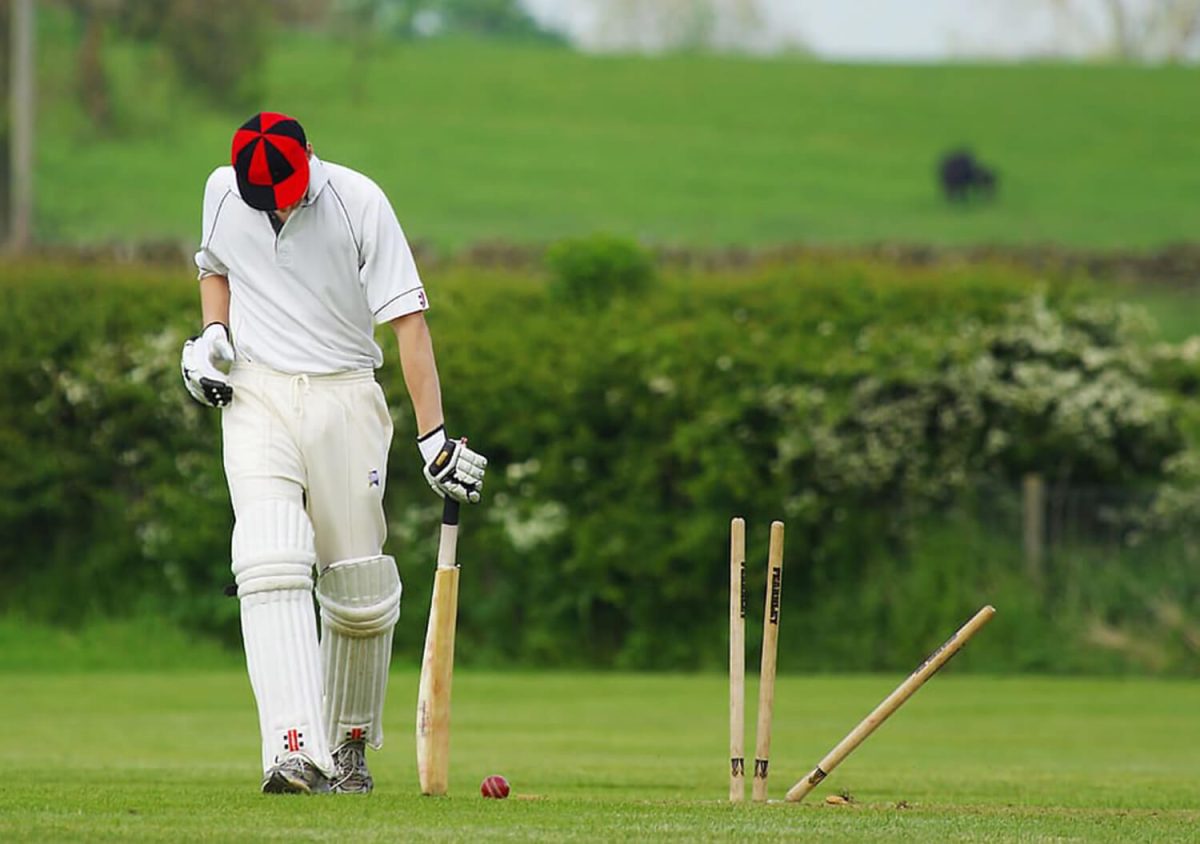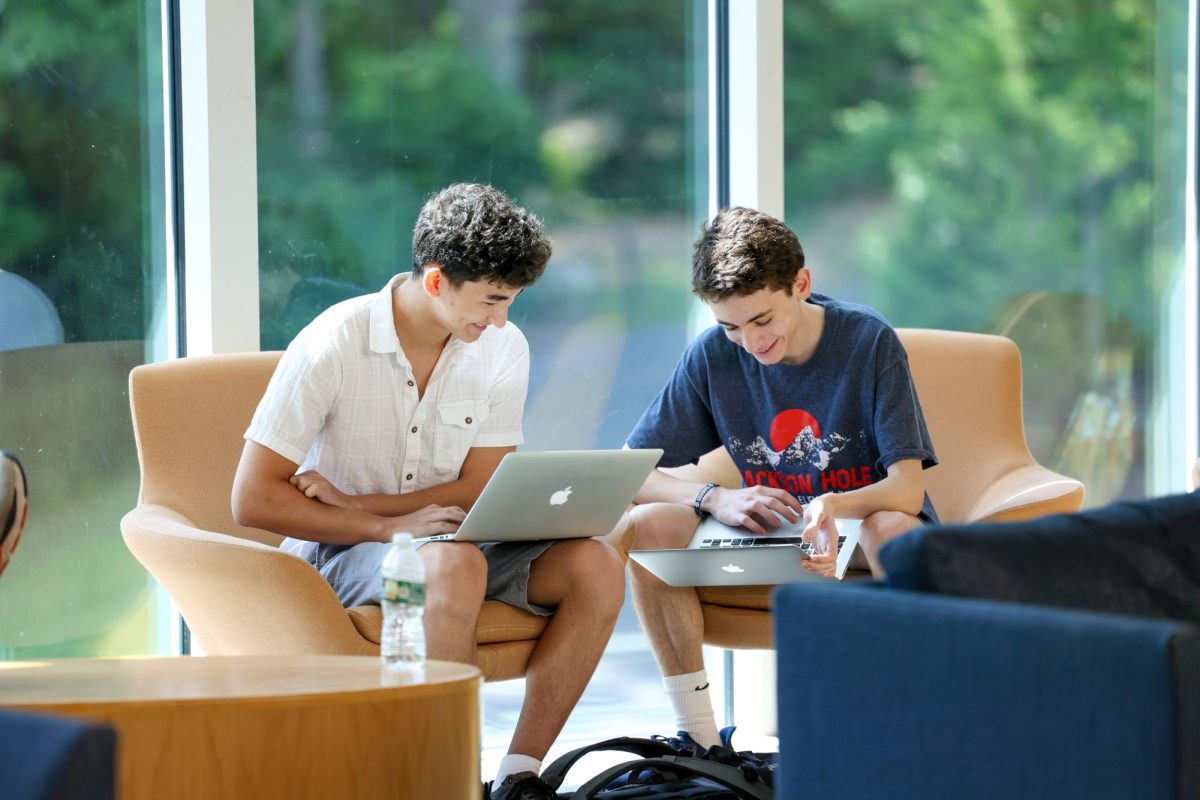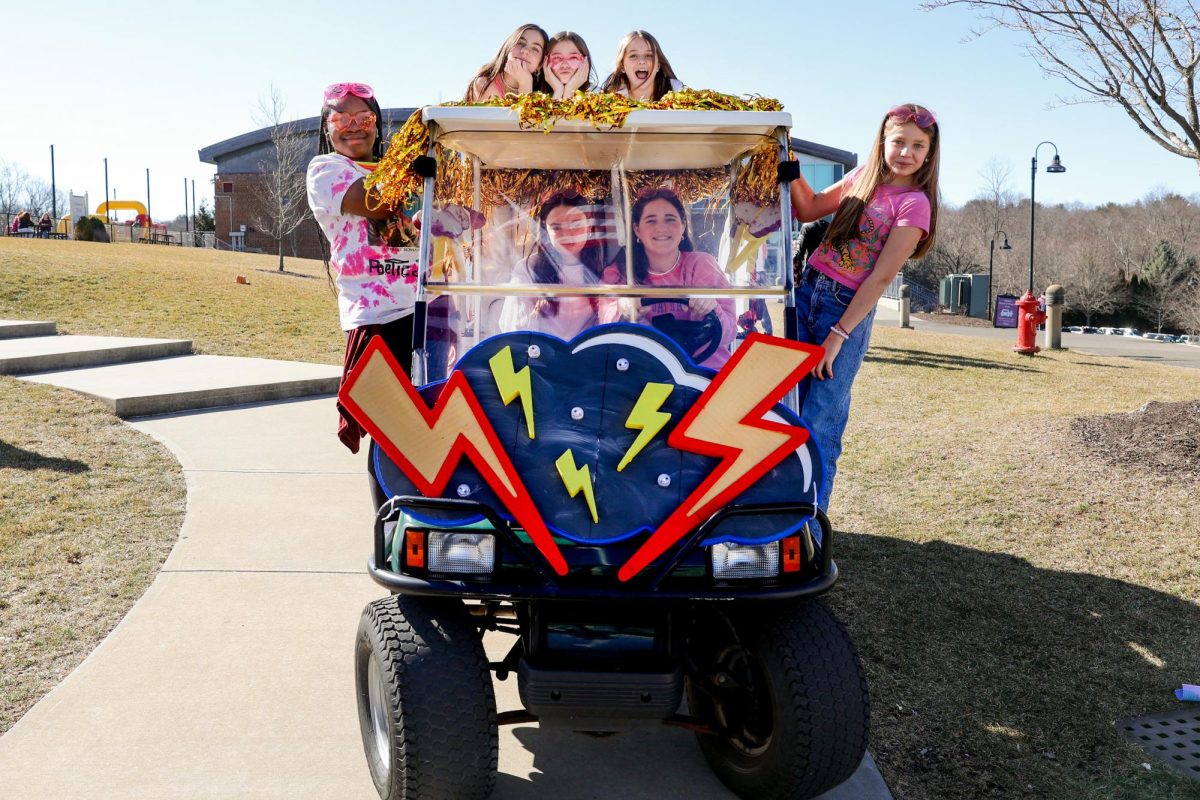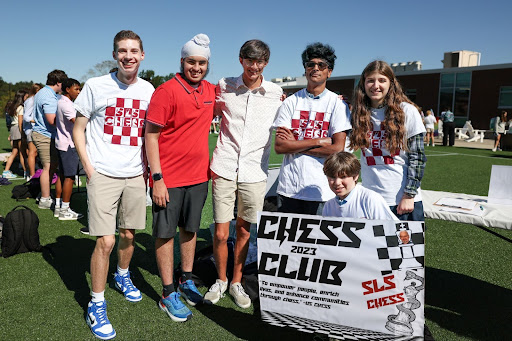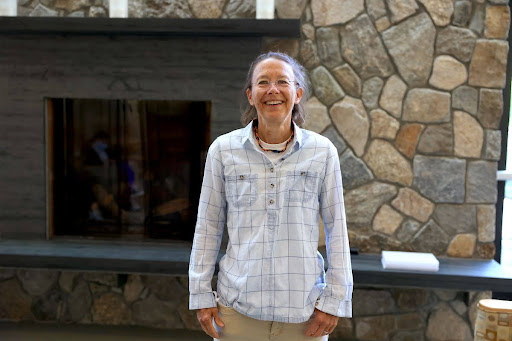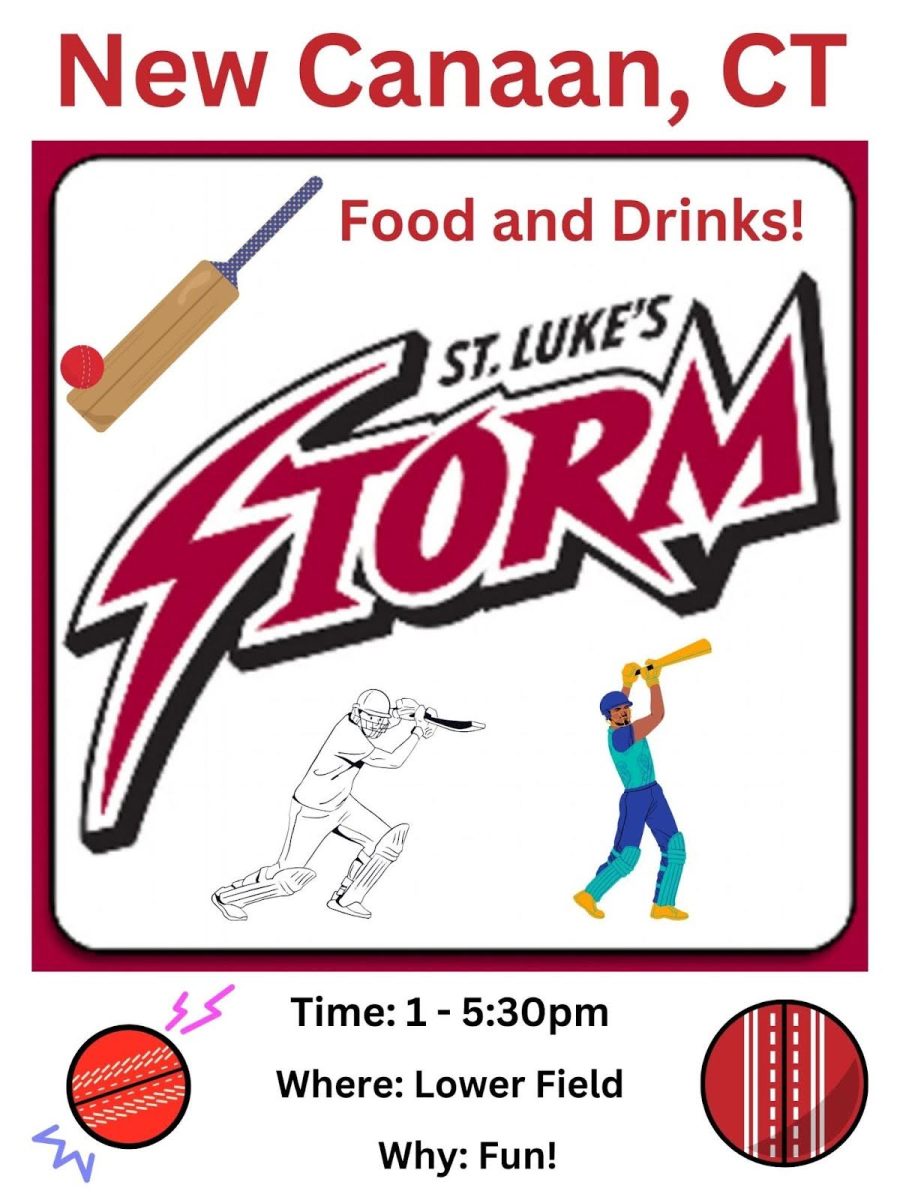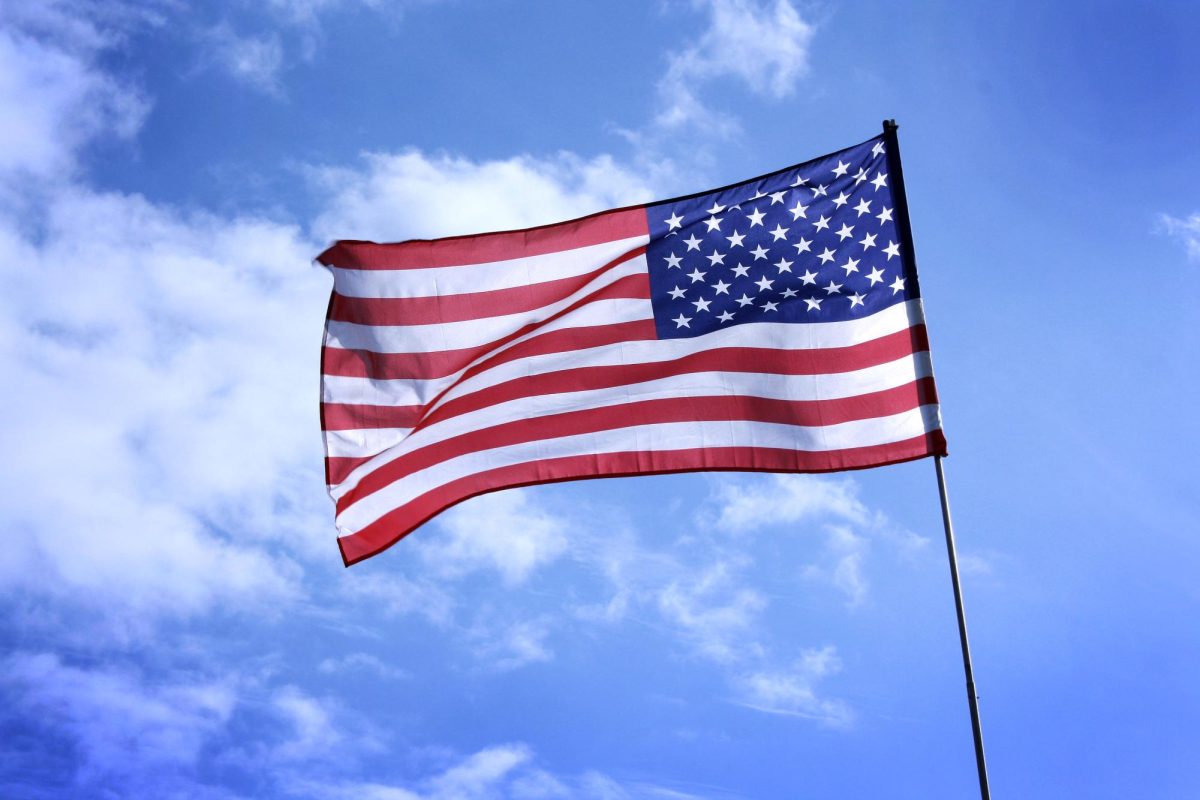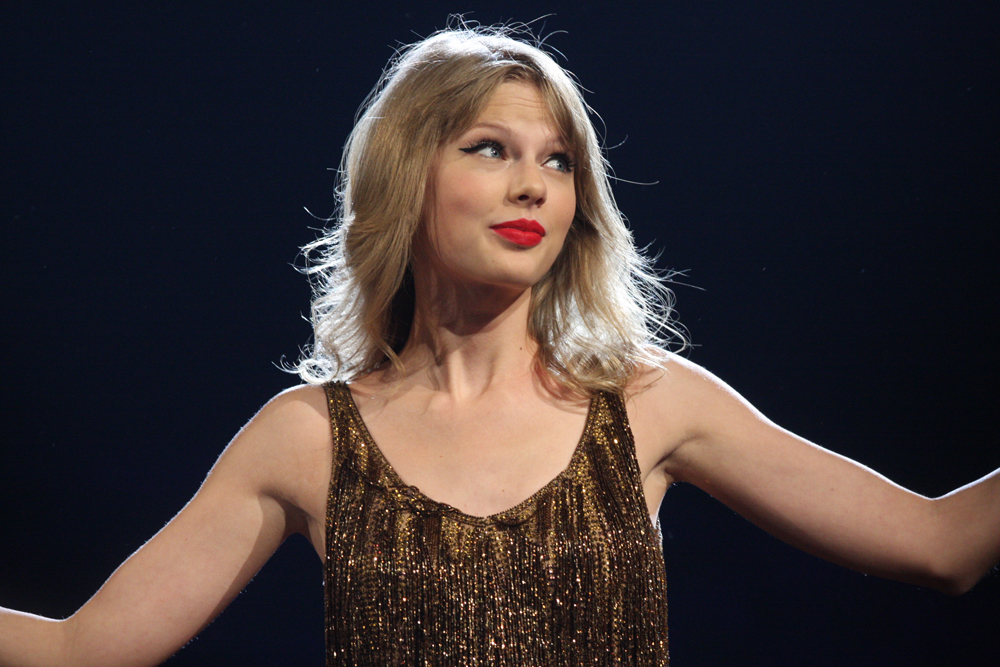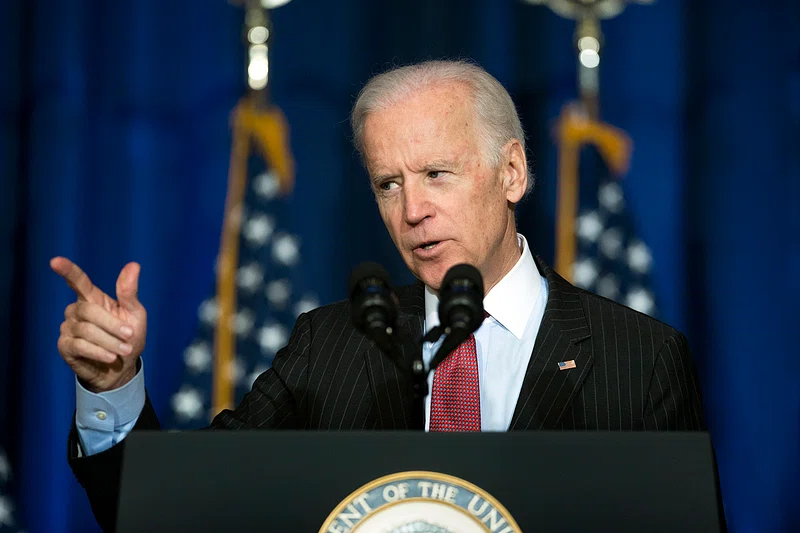This fall, Mya Berretta joined the St. Luke’s community as a sophomore chemistry teacher and the new girls ice hockey coach. As a former Division 1 hockey player at Hamilton College, Berretta’s considerable experience and knowledge of the sport make her a promising new member of the St. Luke’s Athletics Program. Additionally, Berretta’s expertise in not only chemistry but also neuroscience and psychology make her a valuable new asset to the St. Luke’s Science Department.
As soon as Berretta could take her first steps, she was out on the ice. At the age of five, she joined her first travel team. Berretta then played boys ice hockey up until high school, where she first experienced an all-girls team. After playing on a co-ed team for several years, Berretta found that she preferred the environment of an all-girls team.
“It’s challenging for girls to be on a co-ed team, especially with contact. It can also be discouraging for girls to be on a boys team, especially with the locker room and that atmosphere.”
Berretta then played for four years on the Hamilton hockey team; however, her college career was disrupted by the COVID pandemic. After her junior year season was canceled, once they were allowed back on the ice again, strict protocols were enforced such as a mask mandate and a limit on how many players could occupy the locker room. Rather than straining the team’s connectivity, Beretta found that these changes helped bring the players even closer together.
“Hockey was kind of our purpose besides academics,” Berretta said. “We found new purpose and new meaning within each other as a group. So, we had a lot of bonding events outside [of hockey], and we became really close. I think that ended up helping us be so successful for my senior year. It laid a really good foundation for us to make the final four of the NCAA tournament the year after.”
During Berretta’s senior year, the team made it to the Final Four in the NCAA tournament. The team’s close bond, a byproduct of the COVID pandemic, played a huge part in this accomplishment. It was “a really good way to conclude ” Berretta’s career as a player. Post- college, Berretta is looking forward to “tak[ing] those experiences and us[ing] them as a coach.”
What drew Berretta to St. Luke’s was its similarity to the two high schools she attended, the Frederick Gunn School and the Taft School. For Berretta, teaching is a means of “giving back to the education and the teachers that inspired” her to “become a teacher.” Her AP Psychology teacher, Ms. Chandler, was a driving force behind her decision to major in neuroscience. Her interactive lessons, including hands-on activities and games, had a major influence on Berretta’s approach to teaching. As a result, Berretta utilizes more project-based assignments in order to help relieve her students of any “anxiety or stress.”
Berretta’s passion for neuroscience and psychology has found its way into other aspects of her life. Notably, Berretta’s senior thesis at Hamilton focused on the coach-athlete relationship and how it relates to burnout. However, the psychological dynamic she analyzed can also apply to a parent and a child or a teacher and a student. Therefore, Berretta constantly reflects on whether she is properly meeting the psychological needs of her students or her players. She asks, “How am I motivating my students and players to want to show up to the field, the ice, or the classroom and say ‘I’m excited to learn, I want to be here’?”
This winter, Berretta will be crafting the girls hockey program from scratch. Hopefully the team will have at least ten players, and then she will work from there with their abilities and skills. There “might be a range” of abilities, so it means “working with more specifics with players: some players might need more help with their skating or their shots.” Berretta is hopeful that by January she can hold a scrimmage or combine with a local team to scrimmage.
Whether you are joining the team or are just on the sidelines, showing your support for the girls hockey team this winter is a great way to foster school spirit. The best way to show your support for the girls hockey program, according to Berretta, is to “[t]alk about it!” Especially because this is the team’s first year, “spreading the word” that it is happening is extremely important. Furthermore, Berretta insisted that “[r]allying behind the team, no matter what the results are” lets the team know that “the community is supporting and backing” them.




